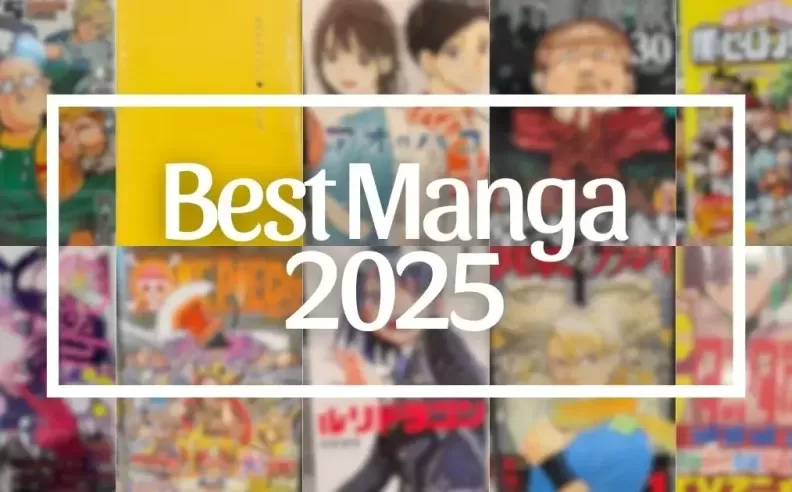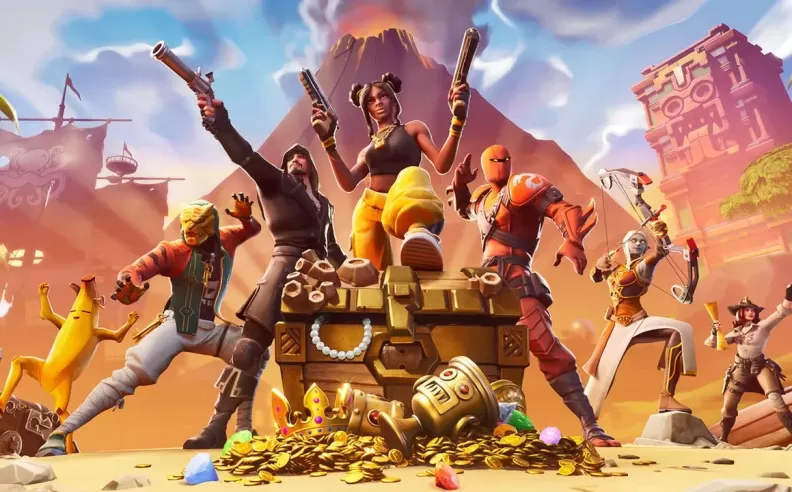
If you’ve ever found yourself losing track of time while playing Fortnite or just watching someone else build a fortress in seconds you’ll understand why it’s become more than a game. Fortnite isn’t just something you boot up to kill an hour; it’s become a stage, a hangout spot, and for some, even a career. The way it slid into pop culture, esports, and our everyday conversations still feels kind of wild.
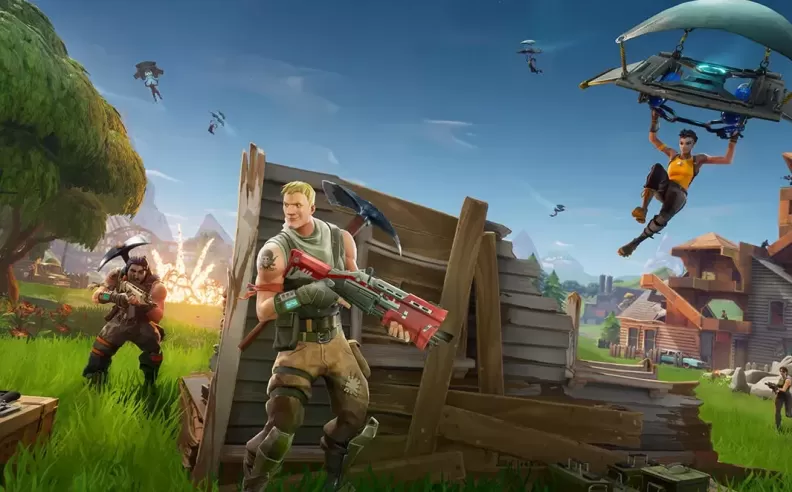
Most shooters throw you onto a map, hand you a weapon, and let you run wild. Fortnite did all that but then gave you the power to build walls, stairs, and towers in real time. Suddenly, matches weren’t just about aim, they were about strategy, quick thinking, and creativity. No two games ever felt the same. One minute you’re in a gunfight, the next you’re trapped in a box fight you didn’t see coming. It kept things fresh, and honestly, a little addictive.
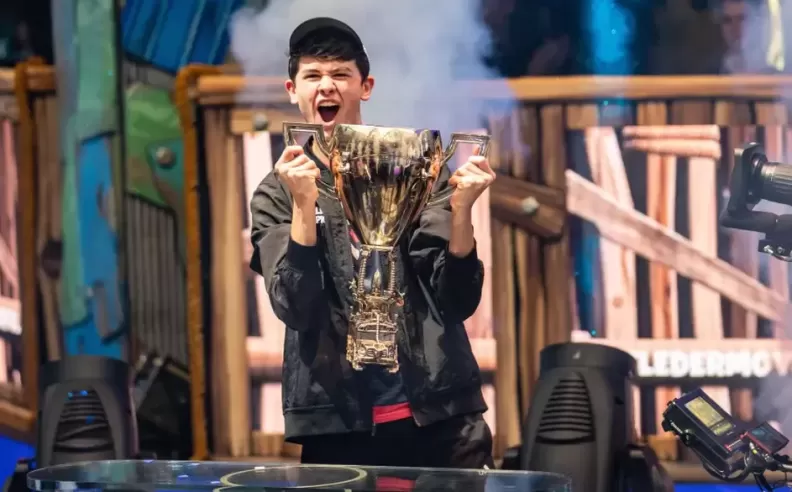
When Fortnite started hosting tournaments with prize pools in the millions, it changed the conversation. Suddenly, teenagers were winning more money than professional athletes. The Fortnite World Cup wasn’t just an esports event it was a cultural moment. Add in the live streams on Twitch and YouTube, and it felt like the whole world was watching. It showed gaming could be as big a spectacle as any traditional sport.
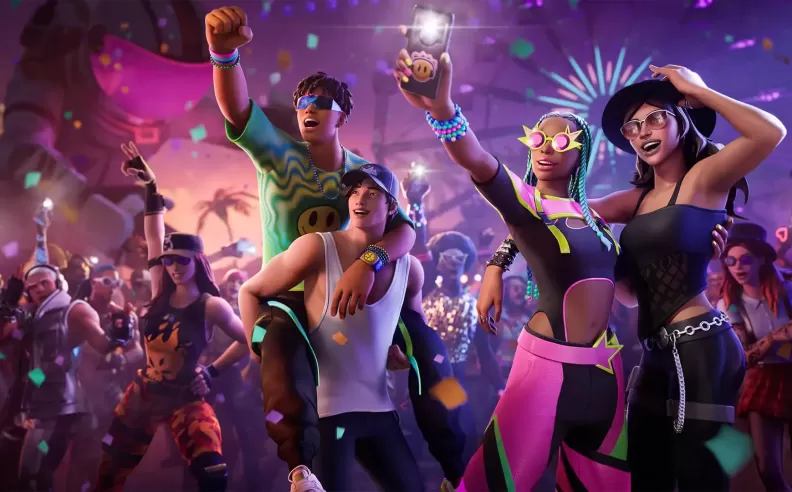
This is where Fortnite went from popular to iconic. In-game concerts with artists like Travis Scott and Ariana Grande? Collaborations with Marvel and Nike? It wasn’t just a game it was a cultural hub. Even the silly dances (who hasn’t seen someone do the Floss?) spilled into schools, parties, and social media. Fortnite blurred the line between entertainment and gaming in a way no one really expected.
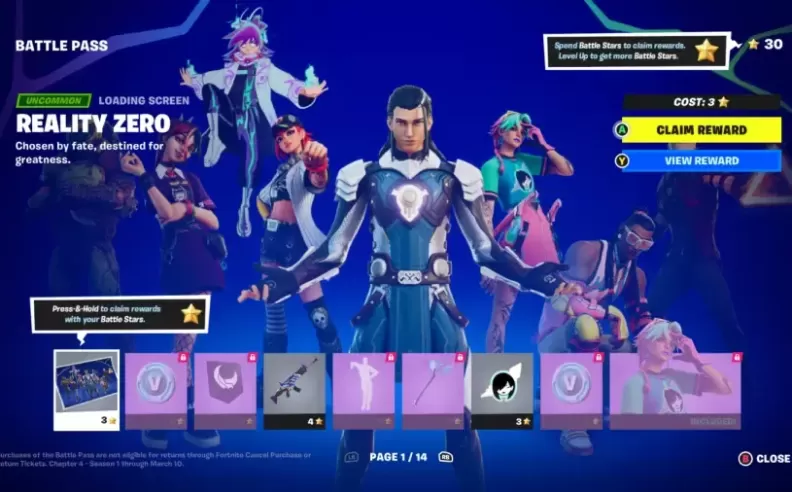
Here’s the thing: Fortnite is free to play. But instead of pay-to-win gimmicks, it leaned on cosmetics skins, emotes, accessories. None of it changed the gameplay, but it made you stand out. Players wanted to show off their style, and Epic Games built an entire economy around that. It wasn’t just smart business; it gave players ownership of their identity inside the game.
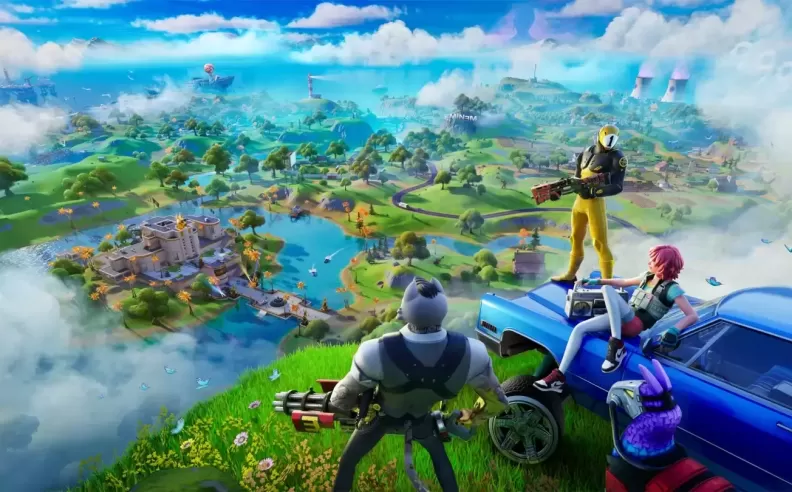
That’s the big question. Games come and go, but Fortnite keeps reinventing itself with new seasons, fresh mechanics, and wild collaborations. As long as the community stays engaged and Epic keeps finding ways to surprise us it feels like Fortnite’s not going anywhere. It’s more than a game at this point; it’s a digital world that’s stitched itself into the fabric of pop culture.

Started my career in Automotive Journalism in 2015. Even though I'm a pharmacist, hanging around cars all the time has created a passion for the automotive industry since day 1.
